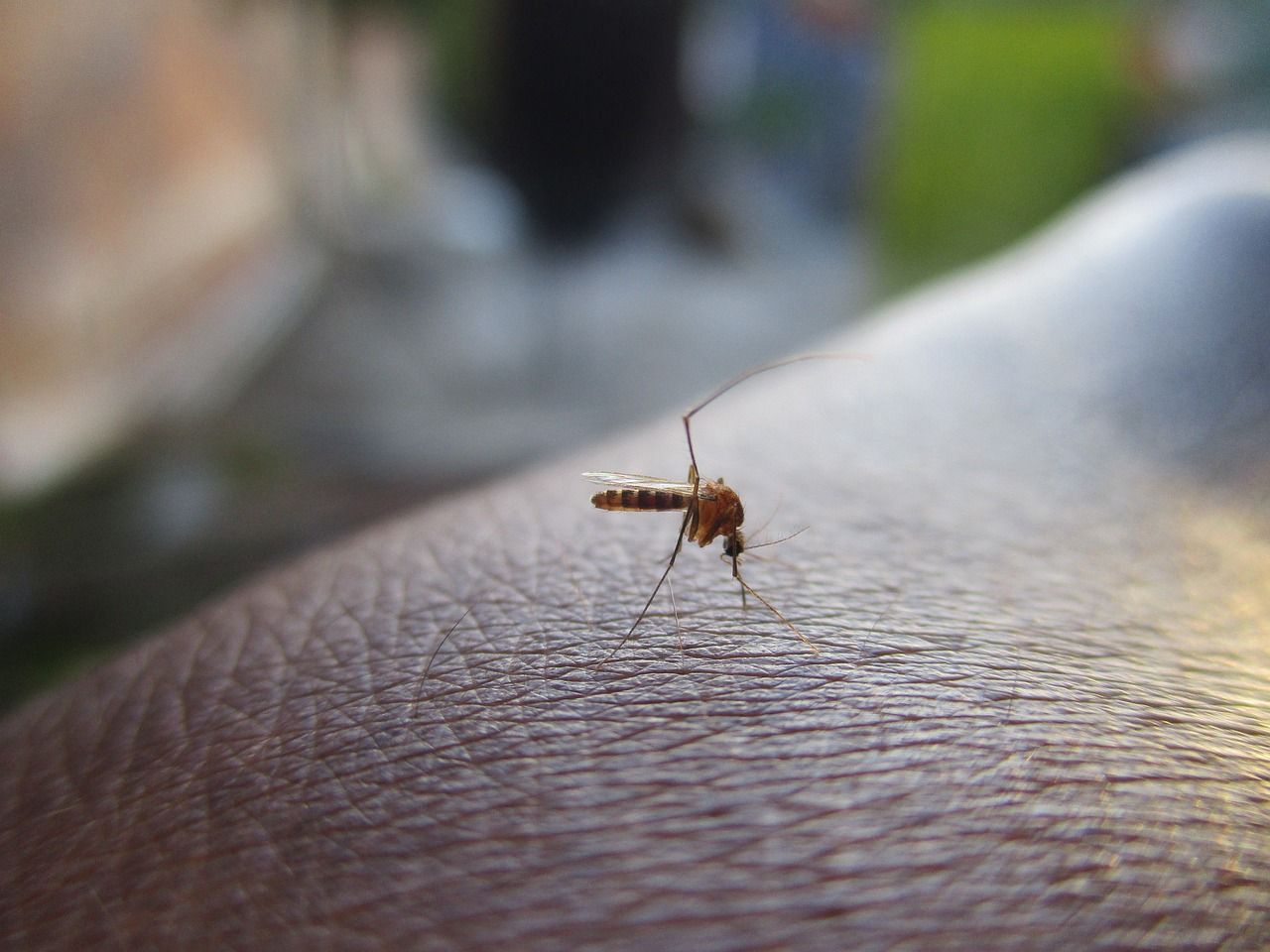DOH: No proven effective dengue treatment yet
Public cautioned against herbal remedies
At A Glance
- There is currently no definitive treatment regimen for dengue according to the Department of Health (DOH).
- As studies on probable treatments for dengue are still ongoing, DOH reiterated its warning on the use of alternative and herbal treatments.
- DOH said the key to dengue prevention and control is early diagnosis, prompt supportive management, and timely referral.
- During the rainy season, DOH records a spike in dengue cases.
- Latest DOH data showed the number of new <a href="https://mb.com.ph/2024/5/19/doh-reports-a-slight-decrease-in-dengue-cases-nationwide">dengue cases </a>per week, previously declining, is "now starting to plateau."
As it continues to monitor dengue cases in the country, the Department of Health (DOH) reminded the public that no available treatment for dengue has been proven effective and backed by studies.

“There is currently no definitive treatment regimen for dengue,” said DOH medical officer Dr. Kim Patrick Tejano during a media conference on June 15.
Tejano, from the Disease Prevention and Control Bureau - Disease for Elimination and Vector-borne Diseases, discussed the DOH’s Dengue Prevention and Control Program during the three-day “Engaging Media for Health Literacy” event organized by the DOH - Health Promotion Bureau, held in Subic, Olongapo City, from June 13 to 15.
“Ang mga virus, mahirap magkaroon ng antivirals… ongoing pa studies para makahanap ng antivirals (Viruses are difficult to treat with antivirals... ongoing studies are being conducted to find antivirals),” Tejano explained.
Tejano noted that there are still ongoing studies on probable treatments for dengue, but none have been deemed effective so far.
Meanwhile, Tejano reiterated the DOH's warning on the use of alternative and herbal treatments for dengue such as tawa-tawa, siling labuyo, and guava.
READ:
https://mb.com.ph/2024/6/13/siling-labuyo-not-a-dengue-cure-doh
“There are no studies yet to prove that these are effective against dengue,” Tejano said. “Sa ngayon na walang proven effective antiviral para sa dengue (Currently, there is no proven effective antiviral for dengue),” he added.
For Tejano, the key to dengue prevention and control is early diagnosis, prompt supportive management, and timely referral.
Dengue cases
In a statement issued on June 15, the DOH said the number of new dengue cases per week, previously declining, is “now starting to plateau.”
READ:
Citing nationwide data as of June 1, the DOH noted that the number of dengue cases in the recent three to four weeks, totaling 5,368, is “almost the same” as those reported two weeks earlier at 5,305.
The DOH also noted that seven regions showed case increases in the recent three to four weeks, including Cordillera, Ilocos, Zamboanga Peninsula, Cagayan Valley, Caraga, Mimaropa, and Northern Mindanao.
While the number of cases from the most recent first and second weeks, at 3,793, may be lower, the DOH said it remains “cautious in interpreting” this data.
Historically, Tejano said the DOH records a spike in dengue cases, especially during the rainy season, because “more water means more potential breeding areas for mosquitoes.”
Tejano pointed out that, according to DOH data, the “dengue hotspots” include highly urbanized areas.
Over the past five years, the DOH said the regions with the largest populations, including Metro Manila, Central Luzon, and Calabarzon, were among the areas where the most number of dengue cases were recorded.
Seek consultation, 4S campaign
As the DOH braces for a potential increase in dengue cases with the start of the rainy season, it reminded the public of the importance of seeking consultation as early as possible.
Without proven and effective treatment for dengue, Tejano said that “health-seeking behavior” is crucial. “Magpa-konsulta sa healthcare provider para makapagbigay ng supportive treatment (Consult a healthcare provider to receive supportive treatment),” he said. “Kapag may lagnat or any of the two symptoms, magpa-konsulta agad (If you have a fever or any two symptoms, consult a healthcare provider immediately),” he added.
Aside from urging the public to “Seek Early Consultation,” as soon as dengue symptoms appear, Tejano also underscored the importance of the 4S strategy, which also includes “Search and Destroy Mosquito Breeding Sites,” “Self-Protection Measures,” and “Say No to Indiscriminate Fogging.”
On top of the 4S Strategy, Tejano said that stronger community engagement is also crucial in the fight against dengue.
Vaccines for dengue
While there is no proven and effective treatment yet, Tejano said the DOH welcomes “other preventive measures that would be proven effective against dengue.”
For instance, Tejano noted that vaccines for dengue are available in other countries, such as Thailand.
In the Philippines, however, he said, “there are no FDA [Food and Drug Administration]-approved or registered dengue vaccines yet.”
Tejano expressed hope that these vaccines will soon be available in the country because “it would be very helpful” in the fight against dengue.
Preparations
Without a definitive treatment regimen, Tejano said established policies are in place to address concerns related to dengue.
Last week, Tejano said the DOH already issued an advisory on dengue to concerned offices, including hospitals and other primary health facilities, on the activation of “dengue fast lanes” as well as ensuring that rapid diagnostic tests are available should there be a surge in cases in the coming weeks and months.
During the media conference, Health Emergency Management Bureau Senior Health Program Officer Naomigyle Kammil Ontanillas also tackled disaster preparedness and management. “We have to make sure that we have a resilient health system,” she said.
The activity is part of a series of media conferences this year to orient media practitioners nationwide on the current thrusts of the DOH, including its 8-Point Action Plan, priority disease prevention and control programs, as well as current health issues and concerns.
The conference also aimed to familiarize participants with health concepts and terminologies for common understanding, correct usage, and fair and balanced reporting.
RELATED STORIES:
https://mb.com.ph/2024/6/14/dep-ed-to-expand-program-to-combat-harmful-vices-among-learners